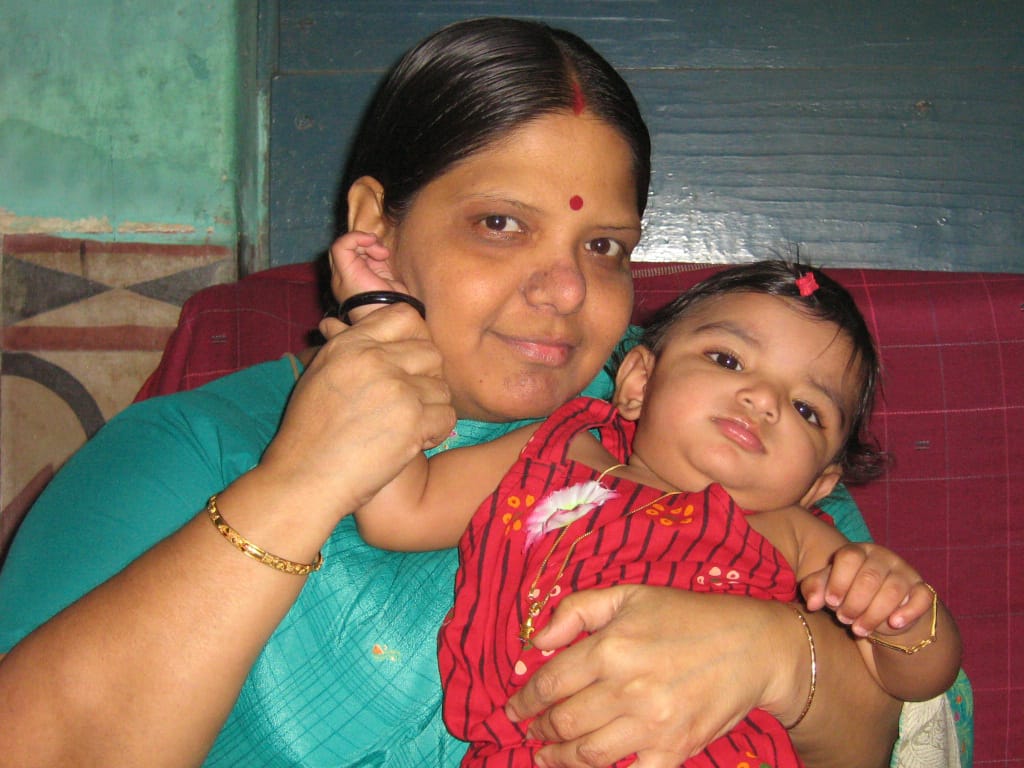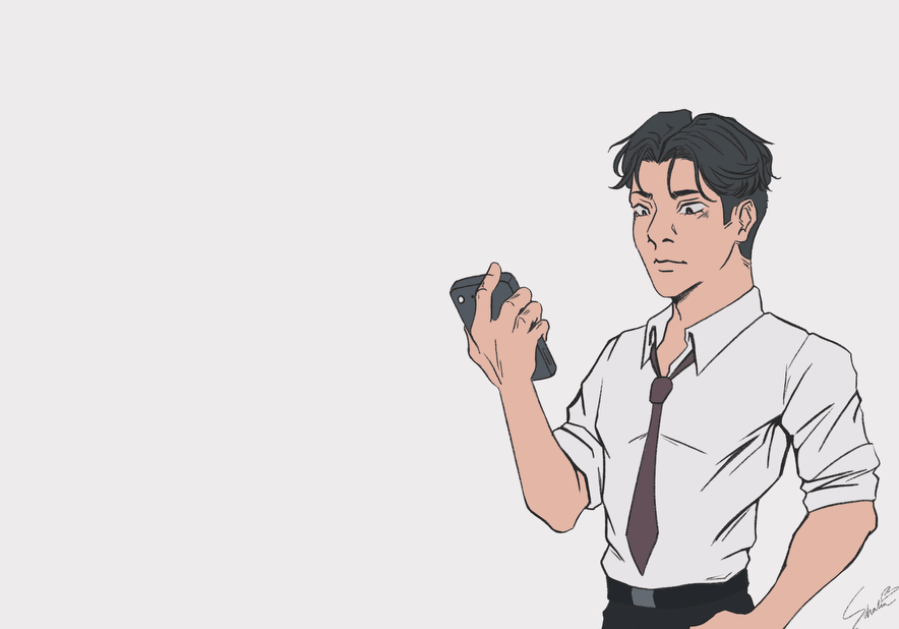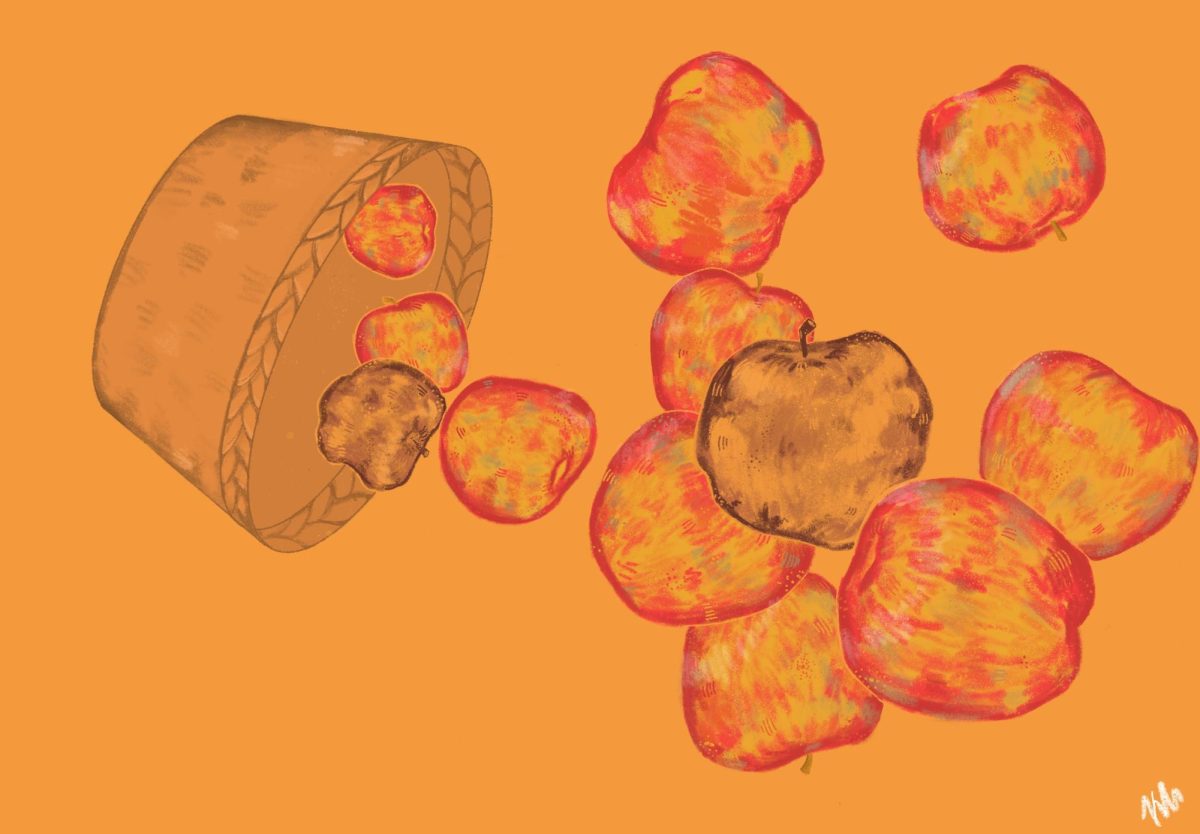By Alex Nicoll
Editor-in-Chief
@NicollMac
DENVER – Humanity.

On the first night of the 2015 Journalism Education Association/National Scholastic Press Association Spring National High School Journalism Convention in Denver, thousands of eager high school students filed into the Plaza Ballroom in the Sheraton Denver Downtown hotel to hear Pulitzer-Prize winning speakers retail the long and arduous journey of their award-winning story.
All of the anecdotes, all of the answers to high schoolers questions revolved around one central theme: humanity.
When one thinks of journalists and the news, an image is created of an entity that lacks empathy in order to be unbiased in its reporting. However, David Philipps, a current New York Times correspondent and writer of the feature story “Other than Honorable”, cited to packed ballroom audience on Thursday night that humanity was central to his story.
Philipps was a Pulitzer-Prize winning journalist for the Colorado Springs Gazette . He won the award for “expanding the examination of how wounded combat veterans are mistreated, focusing on loss of benefits for life after discharge by the Army for minor offenses”, according to www.pulitzer.org.
He emphasized the point by adding that he knew he had written something good when he got choked up while writing.
“Develop your humanity,” Philipps said.
Out of all the seminars I have attended and lectures I have heard, this was the first time a journalist had told us to develop our emotions, as they can be conduits to great writing.
My whole journalism life, a.k.a. the past four years of my life, I have attempted to stifle my emotions in my reporting and writing.
Granted it also stemmed from me being traumatized sophomore year when I accidentally cheered for the Cowboys during a playoff football game at AT&T Stadium and a security guard came over and reprimanded me for it.
Being human in your writing is difficult for me. You’re exposing yourself and opening up to the world when you reflect how your emotions play in. The one time I did, I got a text where I was called a ‘hypocritical son of a [expletive]’. After that I hid behind the facts and reasoning of my stories. I stuck with what I knew and what would get a positive response but at the expense of writing emotional-provoking stories.
It can be dangerous to wear your heart on your sleeve but more times than not, as I learned tonight, it can be what makes a story and connect it to your audience.
So far the keynote speakers, primarily Philipps, have already resonated me and I have gained valuable information I can use not just in my writing but in my daily life as well.
I struggle in my personal life with sharing my thoughts and feelings. I hate that sense of vulnerability, giving power to someone since they have something over you. The same feeling translates from life to writing. Philipps and his colleagues stressed the importance of not checking your humanity at the door when you become a journalist.
I guess it’s time for a change in my writing and more importantly me.
Philipps was a Pulitzer-Prize winning journalist for The Gazette in Colorado Springs, Colo. He won the award for “expanding the examination of how wounded combat veterans are mistreated, focusing on loss of benefits for life after discharge by the Army for minor offenses”, according to www.pulitzer.org.








